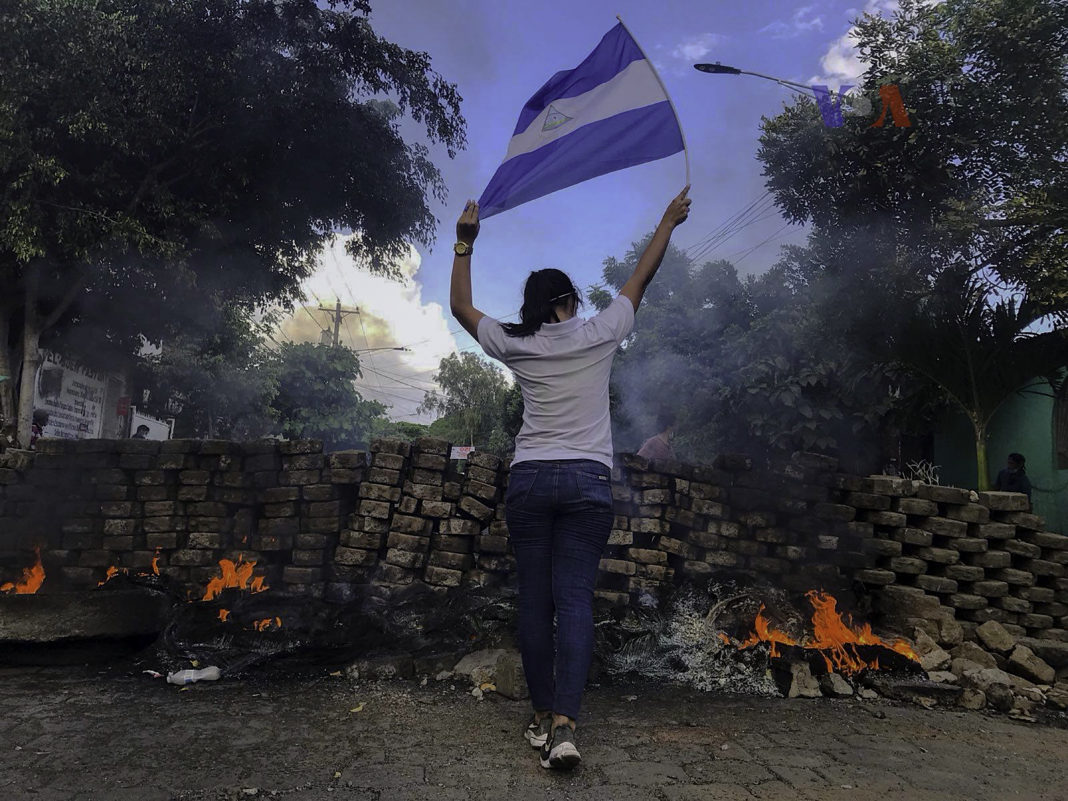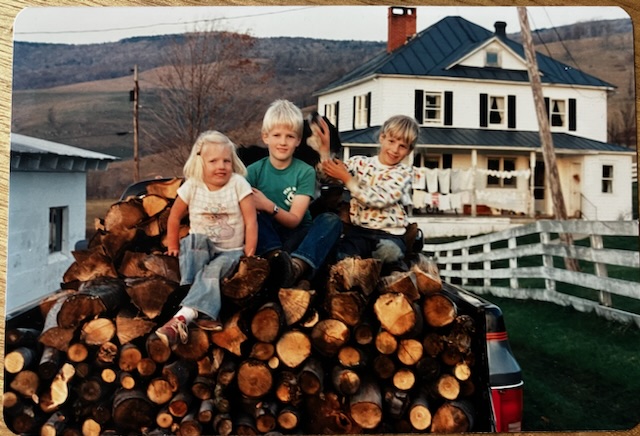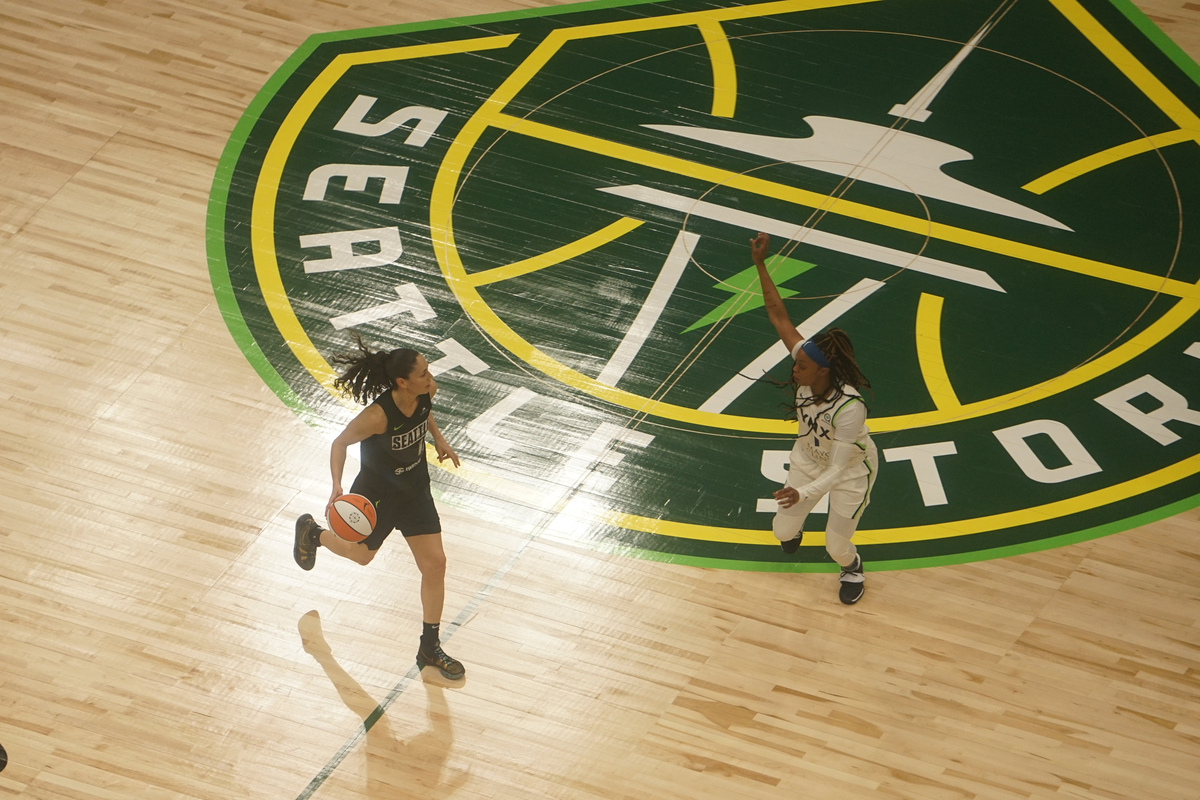Portland State’s Diversity Action Council, in partnership with the Office of Global Diversity and Inclusion, hosted its fourth annual Culturally Responsive Symposium on May 10 in Smith Memorial Student Union. The symposium consisted of nine workshops throughout the day between the second and third floors of SMSU and attendees were encouraged to spend time in as many of them as possible. The workshops focused on themes of inclusion, community, identity and allyship and addressed issues of implicit bias and bystander intervention.
“Our hope here today is that [the] dialogue that can be a part of our sharing and our insights and our communication will allow you to not only serve [PSU],” said PSU Interim Vice President of GDI Michael Alexander in his opening statement, “but [to] serve your own desire to grow deep in your understanding of the potential of the humanity that we’re a part of, if we can allow ourselves to not only embrace our truth, but to welcome the truth that others bring to the community.”
In his statement, PSU President Rahmat Shoureshi addressed the idea of inclusion as it relates to diversity. “Diversity is something that we see, sometimes we don’t see, but inclusion is something you feel,” he said. “It’s internal. What we need to do is to make sure that not only we address diversity, but we really address inclusion, making sure that we educate the community about what [it means] to be an inclusive community.”
A workshop titled “Inclusion and Accessibility in Activist Spaces,” hosted by PSU’s Disability Alliance student group, addressed barriers people with disabilities face when working in activist spaces.
“Disability is a natural form of human diversity,” said workshop facilitator Dora Raymaker, a research assistant professor at PSU’s Regional Research Institute for Human Services. “The disability rights movement is grounded in broader civil rights movements.”
The workshop also discussed ways to improve accessibility for all activists. According to workshop facilitator endever* corbin [correct spelling], involving disabled organizers to evaluate the accessibility of a space is a step in the right direction for disability rights.
“We appreciate when places are accessible,” added facilitator Jules Gabbard Ledbetter. “It feels welcoming, empowering, and we feel appreciated in that space to do the activist work we came to do.”
Ledbetter added that even if a space is deemed accessible by the Americans with Disabilities Act, it might not be truly accessible to all people. “Normalizing access needs and disability is important,” they said. “Most people will experience a disability event that is temporary in their life…It’s a natural part of the human experience and doesn’t have to be a scary thing…Access spaces show that people don’t have to worry or fear so much if they do become disabled.”
The closing session featured presenters from PSU’s Department of Psychology, which hosted a presentation on improving allyship in social justice activism. From their research, presenters concluded that people either want to help in activist circles or believe they already are but lack confident knowledge of what allyship means to participate effectively.
“Becoming an ally is not an overnight process,” explained graduated researcher Kelly Hamilton. “What we’ve found in our research is [that] people move from knowing nothing about being an ally to being effective at it. And what we’ve found is that there is an identity development process around becoming an ally.”
Hamilton added, “Putting yourself in the position of others helps you be more conscious [of] the experiences of people who have different experiences of us and who experience marginalization day to day.”






